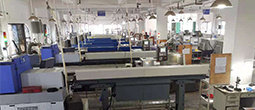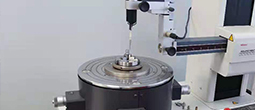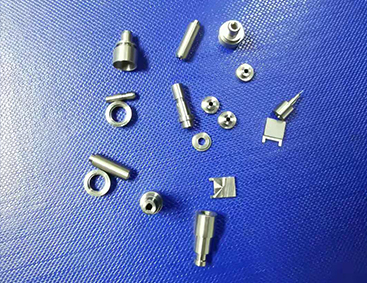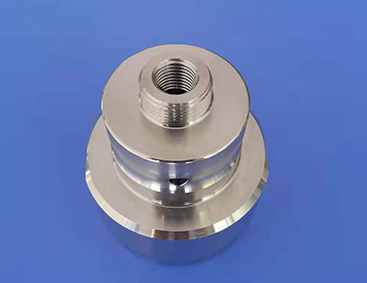Precision machining is the process of changing the size or performance of a workpiece through a machine. According to the temperature state of the workpiece. Machining processes that are higher or lower than normal temperature can cause chemical changes in the workpiece are called thermal processing. Cold processing can be divided according to different mechanical processing methods. Used for cutting and pressure processing. Thermal processing is often used for heat treatment, calcination, casting and welding. It is divided into cold working and hot working. Generally, mechanical processing is performed at room temperature without causing chemical changes to the workpiece, which is called cold processing. Generally speaking. The production process of precision machining includes the transportation and storage of raw materials, production preparation, rough machining, parts processing and heat treatment, product assembly and debugging, painting and packaging. The production process of precision machining refers to the whole process of manufacturing products from raw materials (or semi-finished products). Precision machining
1. From a hardware point of view. Such as automobiles, milling machines, planers, grinders, broaching machines, and machining centers have different inherent machining accuracy. The machining of mechanical parts and components is carried out through a variety of mechanical equipment. Therefore, in order to achieve a certain accuracy, when processing, it is necessary to select the appropriate mechanical processing technology and mechanical processing equipment.
2. From the software point of view. It involves the operating skills of various equipment operators. These skills include a thorough understanding of the equipment, an operator's skills. The understanding of machining, as well as the understanding of parts and materials, etc., these skills can be used in daily work.










